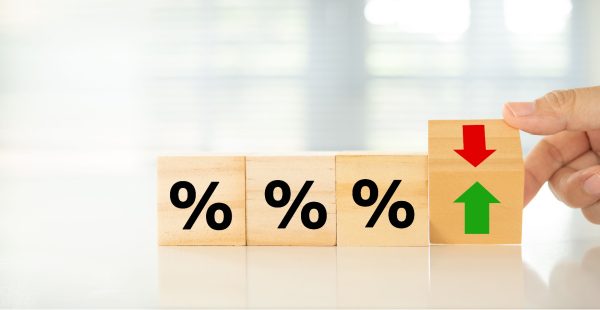abdrn cites alternatives, fixed income as 2024 favourites

Global investment manager, abrdn, has selected listed alternatives and fixed income as its sources of stable income and diversification benefits for 2024, as the potential for a “mild recession” and soaring geopolitical risk encourages investors to remain vigilant.
Irene Goh, Deputy Global Head of Multi-Asset and Investment Solutions at abrdn, said the threat of greater geopolitical and economic risk expected in the year ahead is set to trigger further market volatility, notwithstanding several global elections and the threat of slowed growth and inflation.
“Investors are less worried about sticky inflation, more about politics and elections as their top concern this year,” Goh said.
“Ahead of the November US election, Donald Trump holds a lead over Joe Biden in national polling in the swing states. But much will ride on Trump’s legal battles and the perceptions of the economy at the time of the election. Either way, a Trump victory could bring about a jump in volatility given how polarising he is not just in the US but across the globe.
“The rather even keel of scenarios tilting one way or the other, combined with a heavy geopolitical agenda for 2024, means market volatility will sustain. Markets will swing between moderating to lower inflation supporting equities versus slower growth raising concerns and leading to a contraction with a drag on equities.”
Goh said the manager is looking to more diversified areas of the tech sector, such as Korean or Taiwanese equities, after the “strong rally witnessed last year and the resulting impact on valuations” in the US.
“Within the region the other market that we continue to be optimistic about is India as we expect the country to deliver one of the strongest economic and earnings growth in the region. Finally, despite recent headwinds, equity valuations in China are reaching attractive levels. Unexpected monetary or fiscal policy stimulus could lead to a tactical rebound in Chinese equities,” she said.
“We are allocating to Australian equities which aren’t as fully valued and are producing stable income without as much volatility as the equity market overall. We like the fact that Australian shares also offer franking credits, which increases their appeal to investors seeking income.”
As for fixed income, abrdn has set its sights on the asset class “favourably”, with interest rates driving up bond yields. The manager said it recommended clients to “allocate more to investment-grade credit and listed alternative assets to help offset volatility and diversify investment risk, as well as to reap regular income”.
“We are also allocating more to Australian investment grade credit, with a preference for higher quality over high yielding corporate bonds. Investment grade bonds offer attractive spreads to enable investors to achieve much lower volatility than the equity market while still getting similar levels of income,” Goh said.
“We’re building an overweight position in fixed income as there’s every reason to think that over the next 12 months, we’re going to see duration do well and interest rates finally fall. We don’t like low grade corporate risk and have an underweight in high yield corporate bonds. We like US investment grade because balance sheets are quite healthy even if earnings have tapered off.”
Goh said listed alternatives can offer investors growth and sources of income that do not react to the conditions of typical economic cycles, equities and bonds.
“They help generate stable income distributions at much lower volatility. Listed infrastructure such as renewable infrastructure, for example, offers attractive and reliable yields with links to inflation while some property investments such as student housing can offer attractive, reliable, and uncorrelated streams of income,” she said.
“Over the last two years, the equity and fixed income markets have moved in tandem due to increased cross-asset correlation, resulting in heightened volatility for multi asset funds.
“A meaningful allocation to listed alternatives in our Australian portfolios have not only helped improve fund performance in this environment, but also a useful source of diversification, ensuring our funds remain resilient amid market uncertainties.”












Nah, the AMP vertically intergrated model is effectively dead. It's a broad APL. It wouldn't come as any surprise that…
So let me get this right - Canberra spends an awful lot of time and effort focusing on consumer protection/compliance…
Just wind them up please so the rest of the financial planning industry can move forward without an albatross around…
Compare the pair.
I have clients who have been told to produce evidence they are with cbus or else they can't work on…